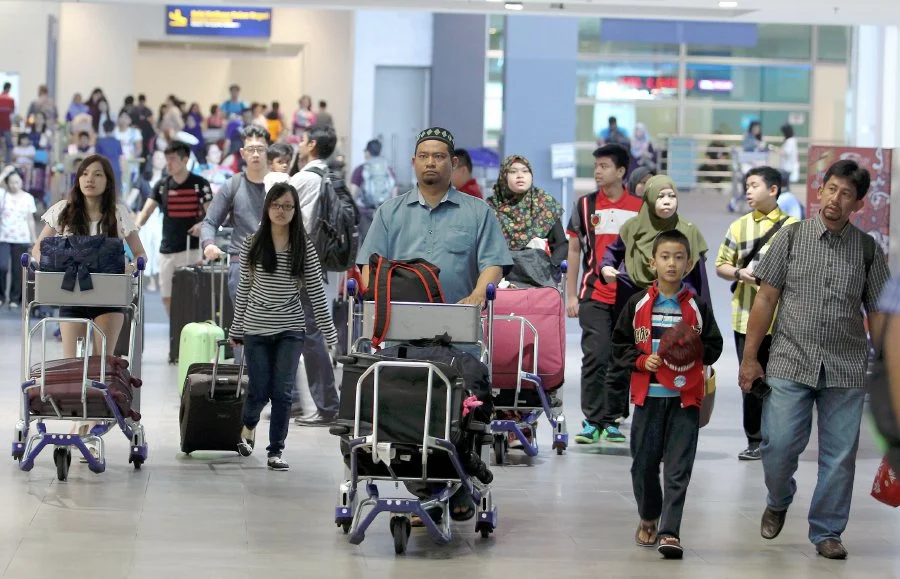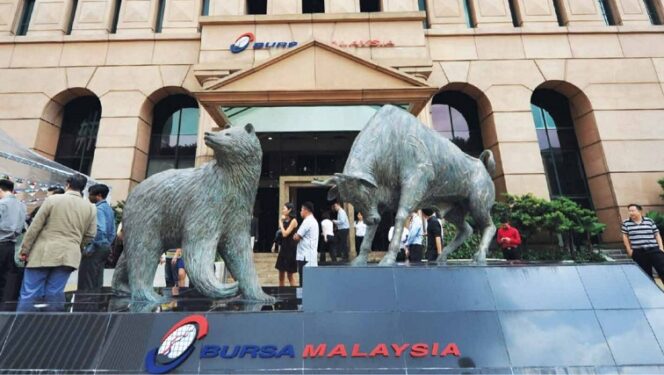By Cheah Chor Sooi
AS the conditional movement control order (CMCO) came into effect in Klang Valley (and Putrajaya) on Oct 14, scores of protestors have continued to rally in Bangkok to this very day, practically camping outside Thai Prime Minister Prayuth Chan-ocha’s office to demand his resignation and undertake reforms on the monarchy.
Malaysia has its fair share of political turmoil in recent times even as the COVID-19 pandemic is wreaking havoc economically, financially and socially within the international community.
Fortunately, our political leaders from both divides – whether pro-government or ‘hardcore’ opposition – know when to practise self-constraint by limiting themselves mostly to conveying their respective agenda through the press and social media.
After all, the recent Sabah state election has taught Malaysians that they should first and foremost channel their energy to fighting the ‘invisible enemy’ which is responsible for the abrupt spike in the number of COVID-19 cases nationwide.
Malaysia can ill-afford to emulate the Thai street protests at a time when social distancing and staying/working from home seem to be the wisest thing to do.
Ill-timed rallies
As the Thai experience has demonstrated, the ill-timed rallies has prompted the Stock Exchange of Thailand (SET) Index to slide as much as 1.8% at 3.40pm today and as much as 23.35% year-to-date.
Having already eroded investor confidence in the beautiful and friendly country, the political upheaval has heaped further pressure on Thailand which has become the region’s worst performing stock market this year.
In a research note today, Maybank Kim Eng Research said the political rally on Oct 14 dumbfounded political pundits with a massive turnout, following which a state of emergency was declared in Bangkok with five protest leaders taken away along with 40 others to little effect.
“The market is ignoring good news ranging from approval of stimulus, to better earnings and an asset warehousing plan by BOT (Bank of Thailand) to remove risky debt from banks’ books.
“Given the pressure, it is likely that the government will give in to at least the three main demands (resignation of Prime Minister Prayut Chan-o-cha, the passage of amendment bills to pave the way for a brand new charter, and reforms to the monarchy).
“We hope to see beginnings of a resolution,” noted the research house.
Analysts at Phillip Securities Thailand cited by Reuters have warned that protracted political protests could further exacerbate the country’s tourism sector and that the foreign sell-off in Thai stocks may be higher than usual due to the political worries.
“As no signs of an end to domestic political protests are yet in sight, Thai stocks look to continue their downward bias,” they said.
Thailand has already suffered a record US$8.8 bil in equity outflows over the first nine months of this year, exchange data shows.
Therefore, Malaysians must not allow political differences to rear its ugly head, lest our economic foundation and healthcare system will be under-siege.
Cheah Chor Sooi is the editor of FocusM. He urges Malaysians to find a better channel than taking to the streets to express any form of displeasure at the expense of the country’s already fragile economic and financial well-being. He can be reached at [email protected].










